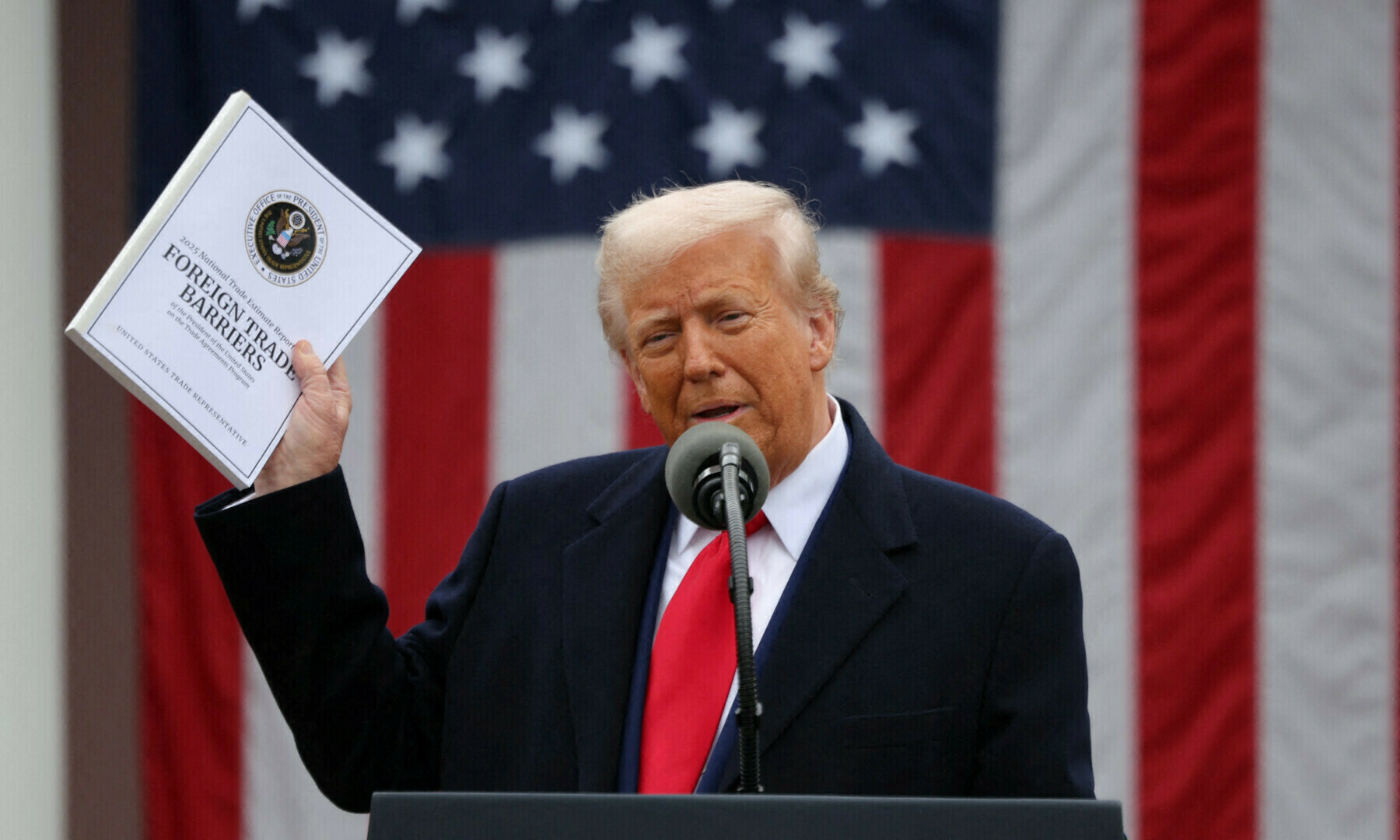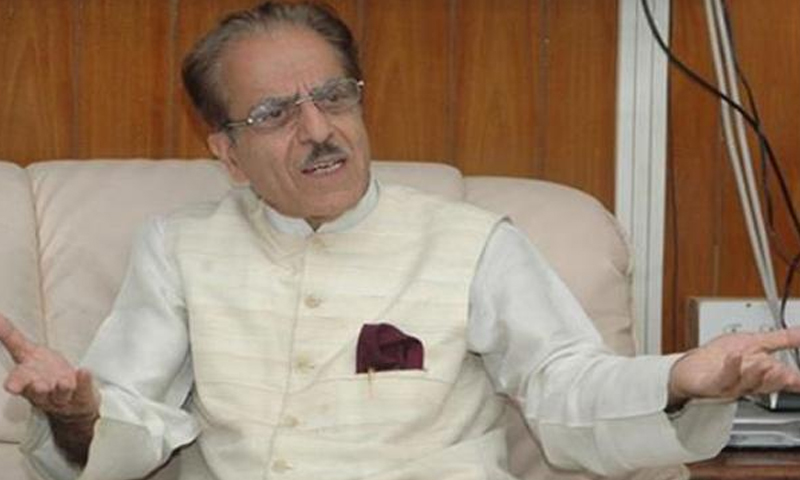WORLD NEWS

The U.S.-China trade war, sparked by U.S. President Donald Trump’s tariffs, is having a profound impact on the world economy. The imposition of tariffs, including a baseline of 10% and higher charges on products like steel, aluminum, and automobiles, is causing widespread uncertainty, slowing down business activity, and forcing major economies to revise their growth forecasts.
According to Isabelle Mateos y Lago, BNP Paribas’ group chief economist, the current U.S. tariff policy represents a “serious negative shock for the world in the near term.” The uncertainty around where the tariffs will lead has been a major drag on global markets, even as financial analysts hold onto hopes that negotiations between the U.S. and China may eventually reduce tensions.
Impact on Multinational Corporations
The tariff situation has forced multinational companies to rethink their strategies, with many lowering their sales targets or cutting jobs. Companies like Volvo Cars, Logitech, and Diageo have revised their forecasts due to the volatility surrounding trade tensions. Electrolux, a Swedish appliance manufacturer, slashed its outlook, joining a growing list of firms that are reevaluating their business plans due to the shifting landscape.
The de minimis exemption for e-commerce packages from China, which allowed small shipments to enter the U.S. duty-free if valued below $800, has also been removed. This change is particularly hard on smaller businesses, many of which are exiting the market altogether. Cindy Allen, CEO of Trade Force Multiplier, highlighted the unsustainable nature of the new tariffs, saying, “We’re going from zero to 145%, which is really untenable for companies and untenable for customers.”
Global Economic Growth Forecasts Revised
The impact of tariffs has also led to downward revisions of growth forecasts for several major economies. The Bank of Japan adjusted its growth outlook, while countries like the Netherlands and regions such as MENA (Middle East and North Africa) also saw their growth projections downgraded due to the mounting trade tensions.
Factory activity around the world, as measured by purchasing manager surveys, reflects this slowdown. China’s factory activity contracted at its fastest pace in 16 months in April, while the UK experienced the sharpest drop in factory exports in nearly five years. Though some positive data from Germany suggested early resilience, analysts warned that it might be due to businesses front-loading orders to avoid tariffs, with a potential backlash in the coming months.
India Positioned to Benefit
While many economies face negative consequences, India could emerge as a beneficiary in the short term. As the U.S. imposes tariffs on China, India has become an attractive alternative supplier for U.S. businesses, especially in light of the lower tariffs it faces. Shilan Shah, an economist at Capital Economics, noted that India is well-positioned to step into this role, particularly with companies like Apple shifting production there.
A Demand Shock to the Global Economy
Most economists agree that the tariffs are creating a "demand shock," making imports more expensive for U.S. businesses and consumers. This, in turn, reduces economic activity in other parts of the world. However, there could be some silver lining, as the slowdown in global demand may reduce inflationary pressures, giving central banks more room to cut interest rates. The Bank of England is expected to take advantage of this to support its economy with rate cuts.
The Long-Term Implications of Trump's Trade Policy
What remains unclear is whether Trump's trade policies will achieve their intended goal of rebalancing the global trading system in favor of the U.S. If China moves to stimulate its domestic economy or if Eurozone countries address internal barriers, it could reshape the economic landscape. For now, the global economy continues to wrestle with the fallout of U.S. tariff policies, and the future remains uncertain.




